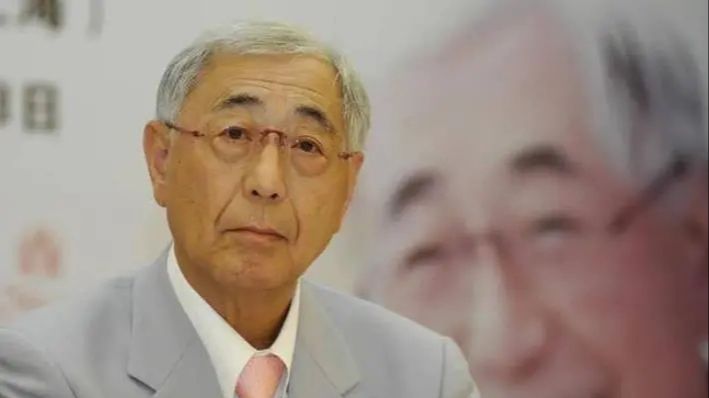Qingdao Publishing Group signed an agreement with the heirs of Watanabe Chunyi copyright, and obtained the exclusive debit of Watanabe literary works in China. M & A acquired Watanabe Haruki Literature Museum in Japan.

Watanabe Chunyi Literature Museum was founded in 1998, and the property was originally a Japanese king's Civil Co., Ltd. Three floors above the ground, the first floor, covers an area of about 1,300 square meters. It is located in Nakajima Park, Sapporo Central District, Hokkaido, Japan.
The manuscripts, works and materials of Mr. Watanabe in the museum are a very distinctive cultural place. There are monuments such as Fengping Pavilion, Eight Windows, and modern buildings such as Sapporo Concert Hall.

Watanabe Chunyi Literature Museum Literature Museum is divided into three parts, show rooms, lecture halls and libraries. The entire Literature Museum is wooden structure and looks simple and generous. The display room is on the second floor, which shows his awards, first love and various photos. On the first floor of the lecture hall, Watanabe Chunyi's work recitation will be held.
On the first floor, the library shows the works of Watanabe Junichi's work and the design of the literary museum designer Ando, which can borrow it for citizens. The venue also showed his writer's life journey, letting people approach Watanabe Chunyi, a famous writer.
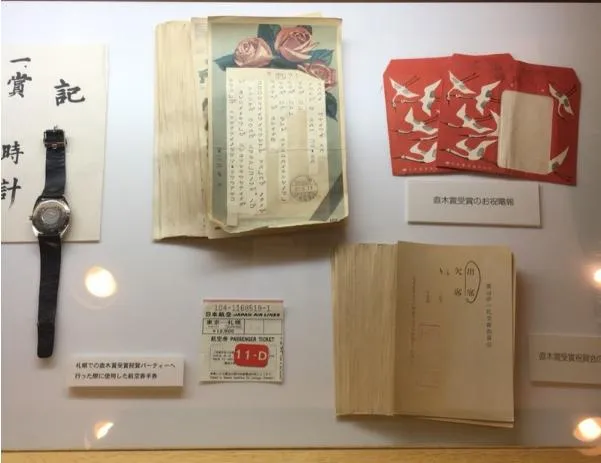
The "Watanabe Junichi Literature Award" was established in 2016 by Jiying Club, one of the three major Japanese publishing houses, to commemorate the creation of Watanabechi, who represents the masterpiece of Japanese literature in the Pingcheng era. The boundaries of mass literature, in -depth expressions of characters' psychology, and storytelling novel creation. The literary award is one year with a bonus of 2 million yen.
The judges are heavyweight writers and critics in the Japanese literary world. This year's judges include Asada Kiro, Kosaka Makoto, Takashiko, Miyamoto, etc. In previous sessions of the award -winning authors and works include the "Looking Avant" of Kawaka Kawaka, Hirano Kaiichiro's "The Concert of the Concert", Dongshan Zhangliang's "The People I Kill and the Man who killed me", Matsui's "Furong Gancheng" Essence
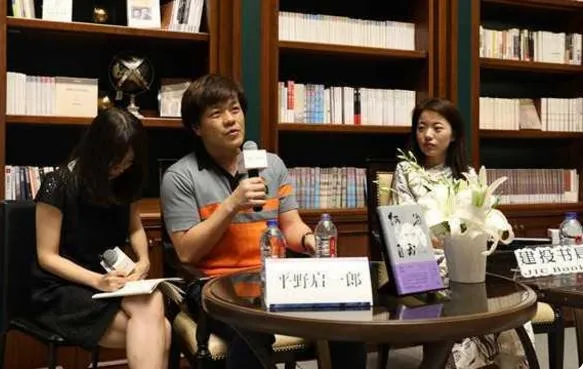
Hirano Kaiichiro (middle) Jiang Fangzhou (right)
In the six years of junior high school and high school, Watanabechi read a lot of Japanese novels, from Kawabawa, Takashi, Mikama Yoshifa, to the so -called "Third Newcomer of the War" The works of Shimobu, Zhuangyo Runsan, Yuko Zhou Zuo, Achuan Hongzhi, etc.) are all listed by him. He loved the beauty of Kawabawa, and was bored with Akutagawa Ryosuke. When he became a freshman at the University of Hokkaido University of Sciences, he was very envious of the "literary youth" of the Academy of Literature. He felt that he had no chance to sit in the laboratory to read literature and can only take some boring textbooks.
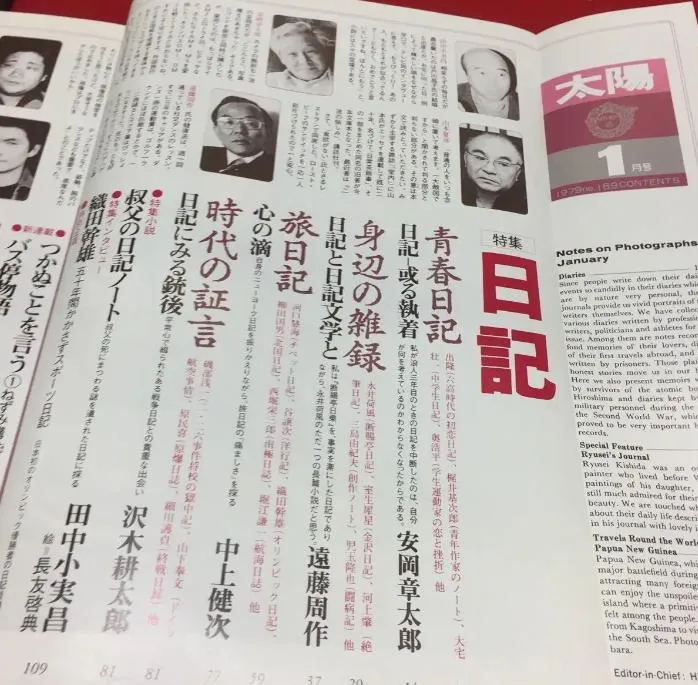
During the freshman year and two years, Watanabechi read the works of Hemingway and Hardel (only 21 -year -old French precocious writers), Camus and others, including Camus's concise writing He dumped him, and "Outsiders" was the only novel that he read three times in a row.
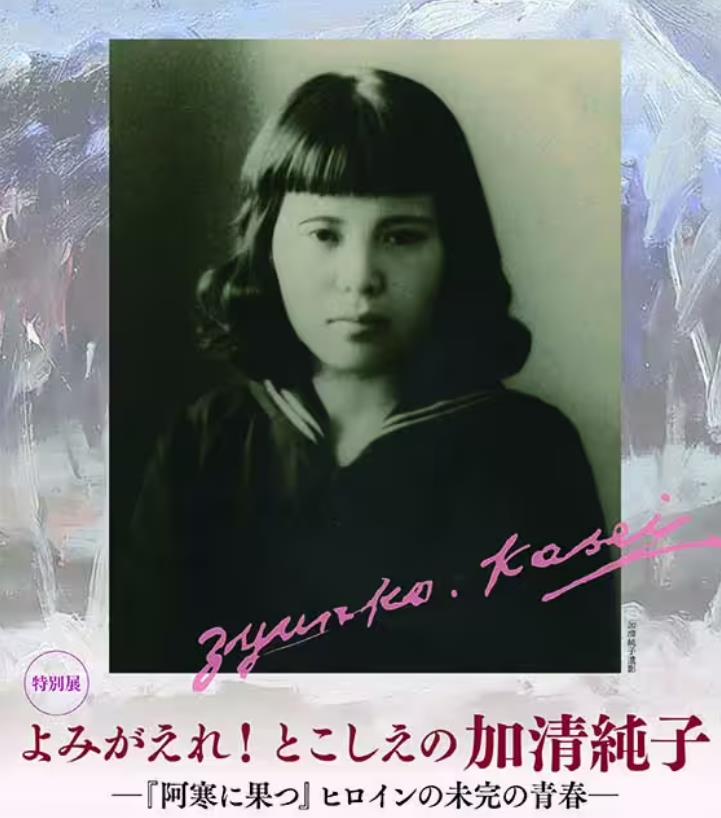
In 1952, an 18 -year -old genius painter committed suicide in Ahan Lake. Twenty years later, the autobiographical novel "Soul Broken Anghhan Lake" of the writer Watanabe Watanabe was released. The prototype of the heroine in the book was his first love plus pure son, and she affected Watanabe's life's creative path.
From "Soul Broken Angry Lake" to the dilemma of "Snow" and "Under the Cherry Blossom Tree" to explore the "Rehabilitation Garden" and "Red Lotus on the Sky" that explore the world of lust. There are my personal experiences in the work. The writer must bravely express his good and dislikes in order to resonate with the reader. , Still did not stop creating.
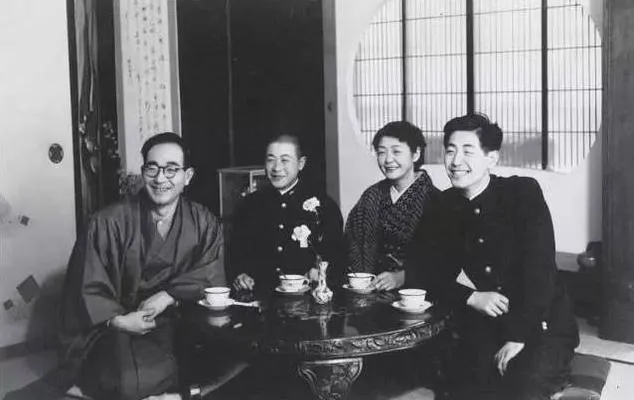
When he was young, Watanabe Chunyi (first from right) was with his family.
Watanabe Chunyi Creative Resume
Watanabe Junichi (October 24, 1933 -April 30, 2014) was born in Sawagawa -cho, Hokkaido, contemporary Japanese writer.
He graduated from Sapporo Medical University in 1958. He obtained a doctorate in medicine in 1963. In 1965, he won the 12th "Magazine Magazine Award" with the novel "Dead Makeup". In 1969, due to the disappointment of medical care, at the age of 35, he abandoned his medical practice and opened the road of professional writers.
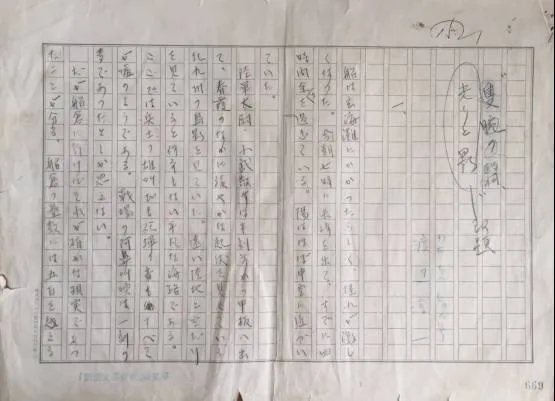
Watanabe Chunyi "Light and Shadow" manuscript
In 1970, he won the 63rd Naoki Literature Award for "Light and Shadow". In 1980, he won the 14th Yoshikawa Yingzhi Literature Award for the novel "Far Sun" and "Nagasaki Russian Women's Museum". In 1983, he won the 48th Literature and Art Spring and Autumn Reader Award with "Silence -Mrs. Nishigi". Published in 1989, the novel "Under the Cherry Tree".
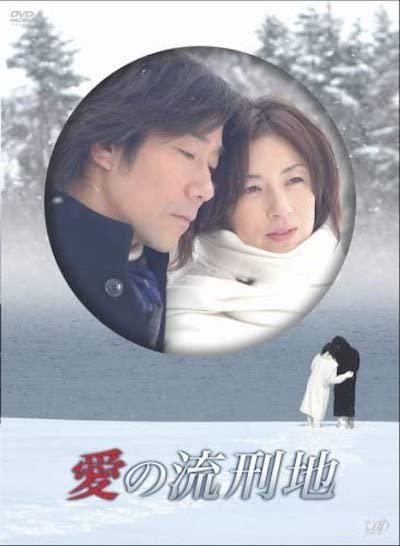
In 1995, he published a novel "Lost Garden" caused enthusiasm. The novel "Tears" was published in 2001. In 2003, he won the Kikuchi Award in the Japanese publishing industry. In 2006, the novel "The Place of Love" was published.
In 2011, he won the 72nd Literary Spring and Autumn Reader Award with the novel "The Red Lotus on the Sky". On April 30, 2014, prostate cancer died at the age of 80 at home in Tokyo.
For many years of contemporary Japanese writers, it can be sold at least two. One is Murakami Haruki, and the other is Watanabechi. The best -selling naturally launched "Norwegian Forest", the latter is "Lost Park".
"Lost Garden" is a novel of writer Watanabe, who was serialized at the "Japan Economic News" from 1995 to 1996, and made a movie and TV series in the same year. In February 1997, the Publishing Agency published a single line. The protagonist's image came from the Abe's incident that occurred in 1936. Once the book was published, it was popular with readers. The vast number of audiences made the term "losing the garden" a reputation of Japanese extramarital affairs, and a Japanese buzzword in 1997.
When it comes to the death of love, whether there is still memory on the flesh, and how long it can last, the love master Watanabe Chunyi once said: "Once the yin and yang are intertwined, the world is unforgettable." And he further pointed out that 40 -year -old women in this area are in this respect. It may be an exception.
Love is a complex containing spiritual longing and physical obsession. The two are indispensable. However, the relationship between love and the flesh is extremely complicated, and it has become the eternal creative theme of literature and film and television works.
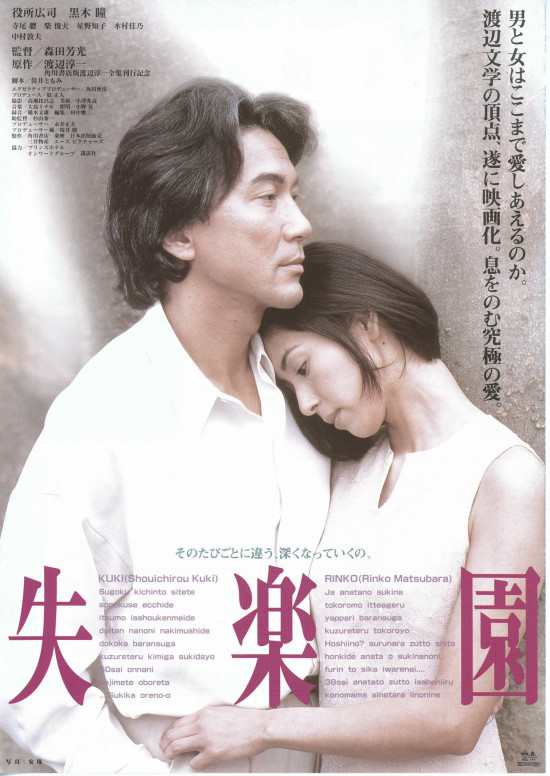
Taking the most famous work "Lost Paradise" in the love novelist Watanabe, the novelist Watanabe, as an example, the story tells the two middle -aged men and women with their own family, which fully released their desires and nature in the extramarital affairs, but in the end, they all fell in love.
Watanabe Chunyi created many love novels with the theme of extramarital affairs. He explained why he fell in love with this theme: the extramarital affairs of middle -aged men and women carried huge risks and costs, so their love was more pure and brave.
As an extramarital affair, the starting point and expression of men and women are completely different. The wife may not be able to understand why she has a face value and talent, and her husband has to find other women, and these women are not even as good as herself.
Watanabe Chunyi converted in love and essay "Men's Stuff": this behavior of men originated from the genetic instincts of male animals. We can look at the male lions in the animal world. The significance of their existence is largely to breed offspring as much as possible. The same is true of men.
As high -end animals, most men are constrained by social norms and control themselves through rationality. However, control and elimination are different. The instincts of genes are deeply rooted. Even men who seem to be "honest" will have the dream of "three wives and four concubines" in the subconscious.
